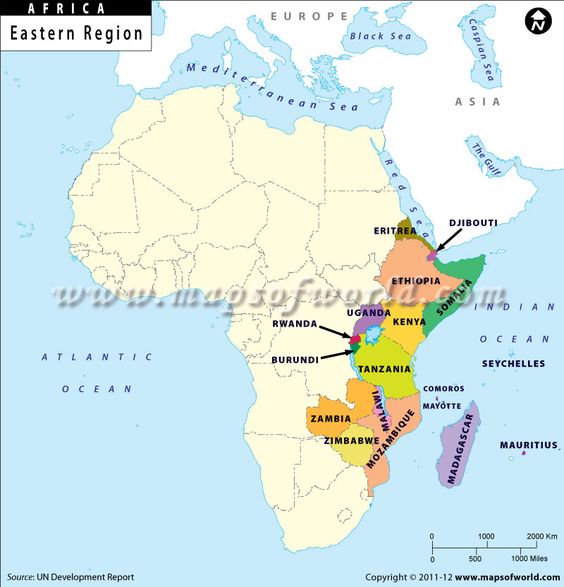The World Health Organization (WHO) declared the Mpox (monkeypox) outbreak in Africa a global health emergency on August 14, 2024. The WHO warned that the increasing spread of Mpox in Africa might ultimately spill across international borders.
How serious is the Mpox breakout?

In this year alone, the fast-spreading deadly virus has infected about 15,000 people and killed more than 500 in the Democratic Republic of the Congo. (Source: Bloomberg)
As reported by the CDCP, Africa (Centers for Disease Control and Prevention), Mpox has now been detected in 10 African countries, including Congo and Kenya, and for the first time in four East African countries (Burundi, Kenya, Rwanda, and Uganda), including the Central African Republic. Officials at the Africa CDC said there is a 160% rise in cases as deaths have jumped by 19%. In Congo alone, 70% of cases involve children younger than the age of 15, which accounts for 85% of deaths.




What is Mpox–Monkeypox?
In 1958, Mpox was first identified by scientists when there were outbreaks of a “pox-like” disease in monkeys. The virus is related to the smallpox family. Until recently, most human cases were seen in people who had close contact with infected animals in central and West Africa.
Symptoms of Mpox

Generally, the symptoms in infected people are less severe, like fever, chills, and body pains, but in more severe cases, lesions on the face, hands, chest, and genitalia might appear, making it harder to spot the infection as people might infect others without knowing they’re infected.
Scientists are concerned by the spread of a new version of the disease that might be more easily transmitted among people.
What distinguishes the 2022 epidemic from the current African outbreak?

In 2022, WHO declared Mpox a global emergency after it triggered outbreaks in more than 70 countries across the world that had not occurred earlier.
Before the outbreak, the disease had mostly been seen as sporadic epidemics in central and West Africa, mostly affecting gay and bisexual men or people in contact with infected animals.
There have been more than 14,000 cases and 524 deaths in Africa this year, which already exceeds last year’s figures.
How could the Mpox outbreak be prevented?
Most Western countries control the spread of Mpox with the help of vaccines and treatments, but few medicines have been available in Africa.

According to WHO director-general Tedros Adhanom Ghebreyesus, the organization has released $1.45 million from its emergency fund to aid in the fight against monkeypox, or Mpox.
“Immunization would likely help, including inoculating people against smallpox, a related virus,” said Marks of the London School of Hygiene and Tropical Medicine.

Congo has said it’s in talks with donors about possible vaccine donations and has gotten some financial aid from Britain and the U.S. “We need a large supply of vaccines so that we can vaccinate population most at risk.”
Images Source: Pinterest.com
Info Credit: apnews.com, bloomberg.com

